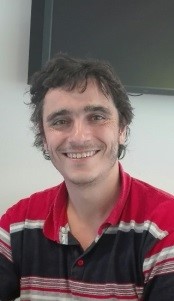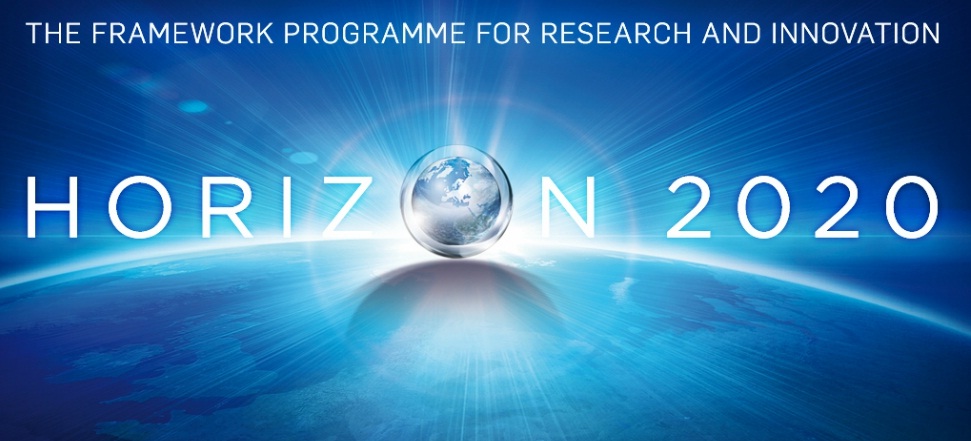
About me: Jordi Nelis, obtained his B. Sc. in general Biology at the university of Antwerp in Belgium in 2007. As end project of the bachelor he performed an in-depth study of the changing dynamics in bio-availability and bio-accumulation of heavy metals in Crassostrea gigas, Mytilus edulis and Littorina littorea over a saline gradient in the Wester-Scheld. During his study Jordi became fascinated about nature and travel and started his own company in event organization. This enabled him to travel around Europe for over 7 years. The journey ended up in Lille, north of France where he obtained an M. Sc. in Biotechnology specializing in Proteomics and Mass Spectrometry. Here he acquired extensive knowledge about a myriad of structural and functional characterization techniques including tools used for bio-recognition assays, genetic engineering, and sensitive detection of compounds e.g. High-Resolution Mass Spectrometry and Surface Plasmon Resonance. During his Master he also obtained hands on experience by working on several projects. In his first year of the master he was working on the functional and phylogenetic characterization of the RhoGTPases present in S. mansoni as well as a first determination of their interactome using bio-informatics tools, yeast 2 hybrid techniques and recombinant protein production. Parallel to this project he also worked on a proteomics platform at the Pasteur Institute in Lille with the aim to characterize a new, potentially heavily modified, peptide in Bordetella pertussis through Top-Down MS analysis. Finally, for his Master Thesis, he developed a prototype for the rapid analyses of Volatile Organic Compounds (VOCs) from heat sensitive tissue. For this work a Low Temperature Plasma (LTP) Probe was build and coupled with a mass spectrometer and the ionization efficiency of this source as a function various electric and geometric parameters was characterized. This technique, based on MS finger printing and metabolomic profiling, will hopefully allow fast pathogen detection without sample preparation in the future and is potentially very interesting for high throughput screening of diseases in a clinical setting. It was through this work that he became interested in the development of novel tools for facile and rapid detection of compounds and became aware of the FoodSmartphone Project. Now, he is a Ph.D. student at the Queens University in Belfast and a Marie Curie Early-Stage Researcher at a proud member of the FoodSmartphone project. His work focuses on the development of a novel tool exploiting localized surface plasmon resonance for the label free detection of several marine biotoxines with an add-on device for a smartphone.

 This project has received funding from the European Unionís Horizon 2020 research and innovation programme under the Marie Sklodowska-Curie grant agreement No 720325.
This project has received funding from the European Unionís Horizon 2020 research and innovation programme under the Marie Sklodowska-Curie grant agreement No 720325.

Copyright © 2017 - All Rights Reserved - FoodSmartphone
Template by OS Templates